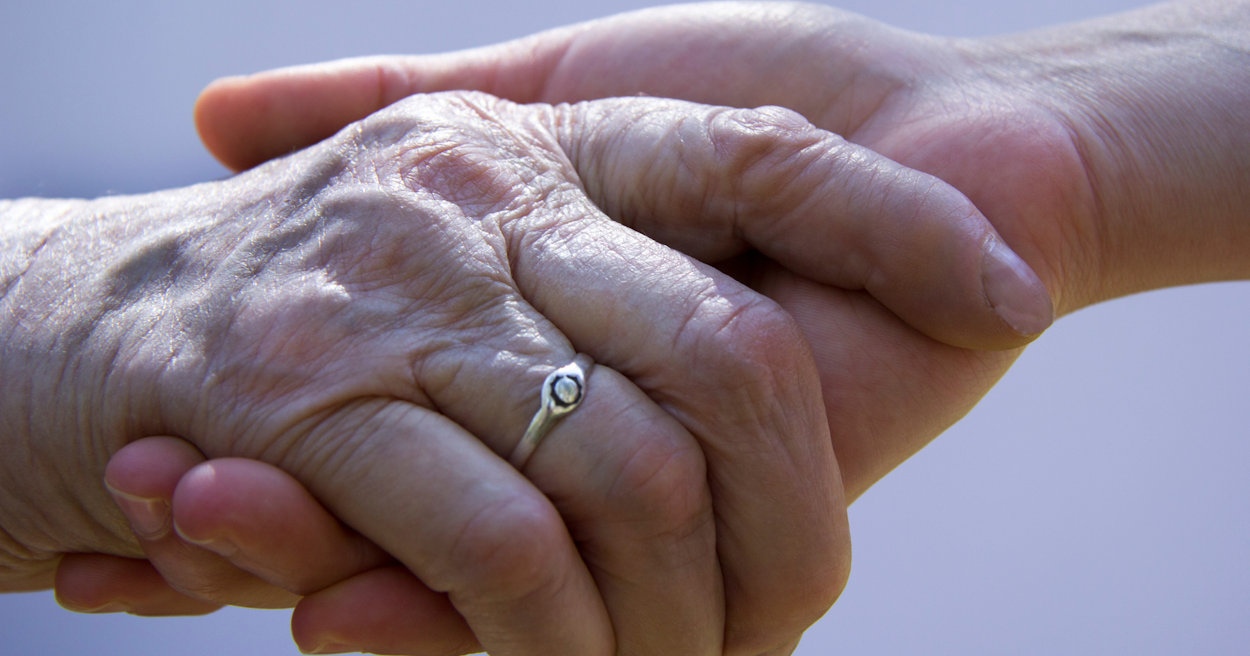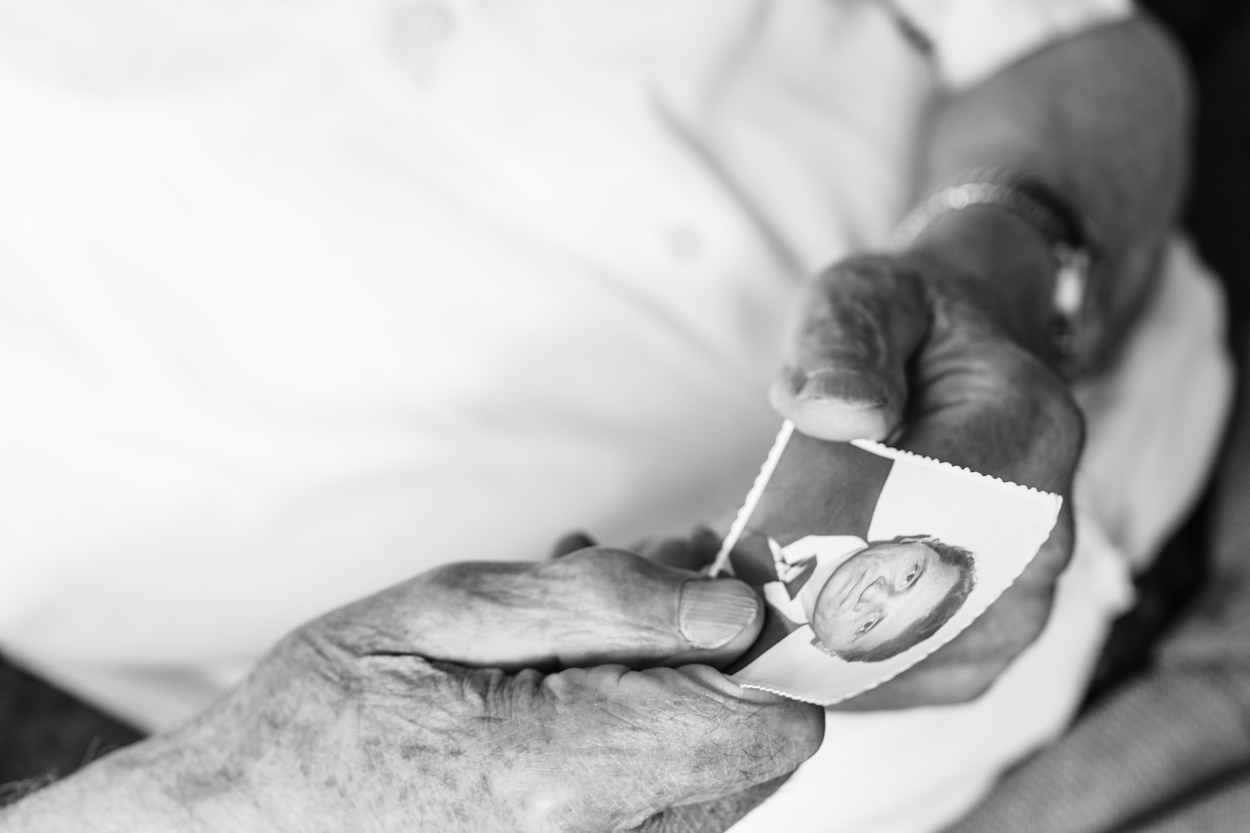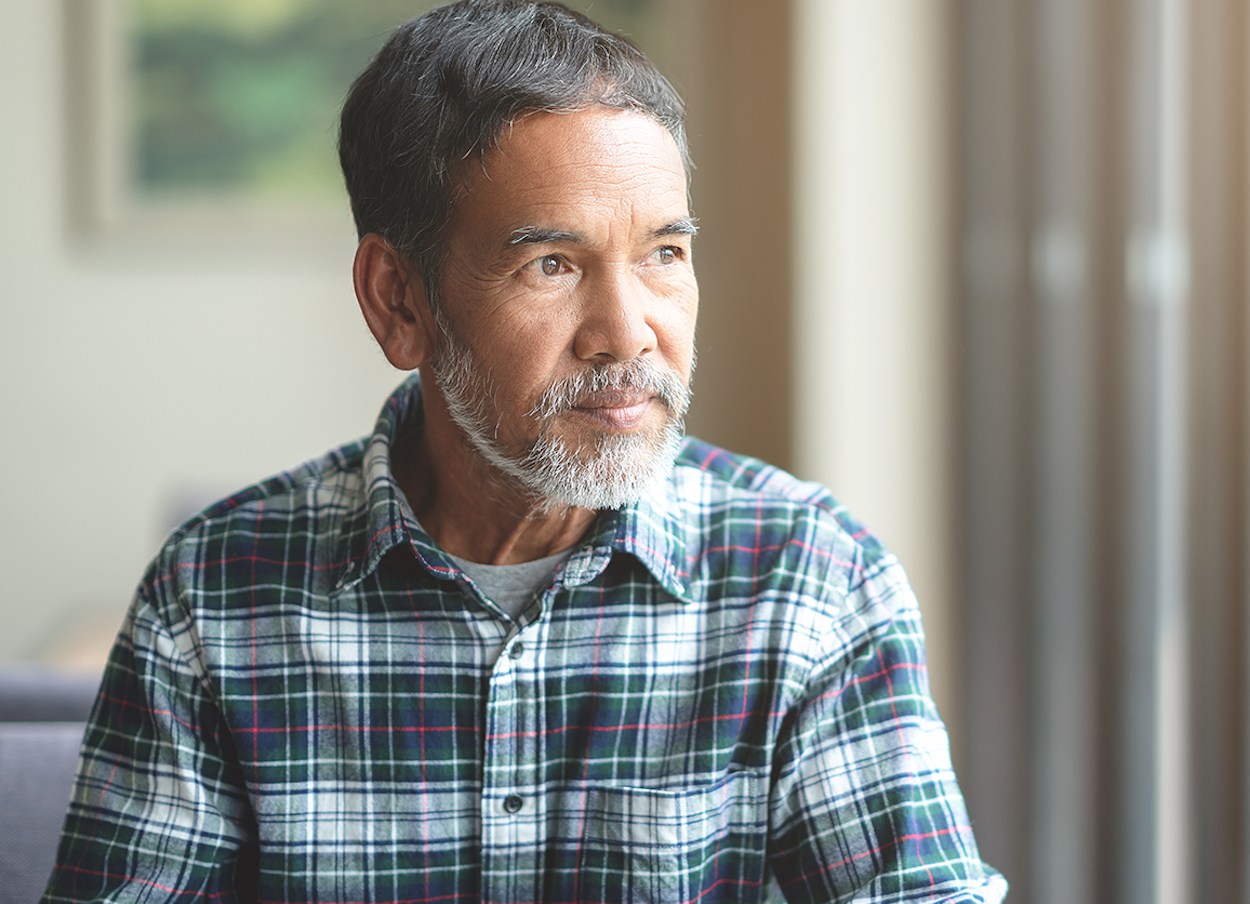Helpful Guides
What to do when someone dies: step by step

Experiencing the death of a loved one, whether sudden or expected, is extremely difficult. Knowing what to do after a loved on has died can be even more difficult - so we have made a helpful guide to assist you through this tough time
What to do if a loved one dies at home or a care home?
If the death is unexpected then you should call the police, they will attend the property and assess whether further investigation is required from the coroner before the funeral director can collect the body.
If the death was expected, call the GP surgery so that they can send out a nurse to the address. If this is not possible, call NHS on 111, they will send an out of hours nurse. If paramedics are already at the address, then there is no need to call 111.
The nurse/paramedic will then verify the death and advise you that you can now contact the funeral director to arrange collection of your loved one.
If you are organising a direct cremation, call Celebration of Life on 0800 150 3555 (24 hours a day) and their specialist team will bring your loved one into their care.
The GP will then issue a medical certificate so you can register the death (which needs to be done within 5 days). You should also let the doctor know if the deceased is to be cremated.
What to do if a loved one dies in hospital?
If a coroner is required for a post mortem examination then this will have to be done before the death can be registered. If the investigation is likely to continue for some time, then the coroner may release the body and provide an interim death certificate so that the funeral can go ahead.
If the cause of death is known by the doctor and a coroner is not required, then the doctor will provide the medical certificate of cause of death (MCCD) and you will then be able to contact the funeral director and register the death (this should be done within 5 days).
If you are organising a direct cremation, call Celebration of Life on 0800 150 3555 and their specialist team will bring your loved one into their care.
You should make the funeral arrangements as soon as the doctor has completed the medical certificate or before so that you can tell the registrar who you have instructed. Once the death has been registered, they will provide the Green Form (funeral permit), usually directly to the funeral director, which is needed for the collection from hospital to take place.

How to register a death in the UK
Once you have the medical certificate you can register the death.
You can register online at gov.uk/register-a-death or you can book an appointment at the local town register office. You will have to contact the local town government online or by phone. This must be done in the town where death occurred.
Ask for a TELL US ONCE appointment with the registrar. This reports a death to most government organisations in one go. More information about this can be found here gov.uk/tell-us-once
What do I need to register a death
You must take the medical certificate showing the cause of death with you. You should also try to bring the person’s:
- Birth certificate
- NHS medical card
- Proof of their address, like a utility bill
- Council tax bill
- Driving licence
- Passport
- Marriage or civil partnership certificate
Don’t worry if you can’t find all these documents – you’ll still be able to register the death without them. The registrar will also want to know:
- The person’s full name (at the time of their death)
- Any other names that the person used (e.g. a maiden name)
- Their date and place of birth, including the town and county if they were born in the UK,
- Or, just the country if they were born abroad
- Their last address
- Their occupation or last occupation if now retired
- The full name of their husband, wife or civil partner, if they’ve died
- Details of any state pension or other state benefit they were receiving
Who can register the death
If the death occurred inside a house or public building such as a hospital, the following people may register the death:
- A relative
- Someone who was present at the death
- The occupier of the house or an official from the public building where the death occurs, e.g. the hospital
- The person making the arrangements with the funeral director
If the death took place elsewhere, the following list of people may register the death.
- A relative
- Someone who was present at the death
- The person who found the body
- The person who is in charge of the body
A funeral director is not allowed to register the death.

Other useful information
The government website has a very useful step by step guide which can assist you with what else you might need to organise when a loved one dies, such as probate, bereavement support and help with funeral costs.
Take a look at their guide here gov.uk/when-someone-dies
Bereavement support
For help and support for bereavement, there are lots of wonderful organisations that can help. We have listed a few below for you to consider.
cruse.org.uk/get-support/local-services
thegoodgrieftrust.org//for-newly-bereaved
thenbs.org/emotional-support/the-experience-of-grief

Plan a Direct Cremation with Celebration of Life
Celebration of Life™ offer an industry leading direct cremation service. We are confident that we won't be beaten on price. Speak to our friendly in-house customer service team, anytime day or night.
